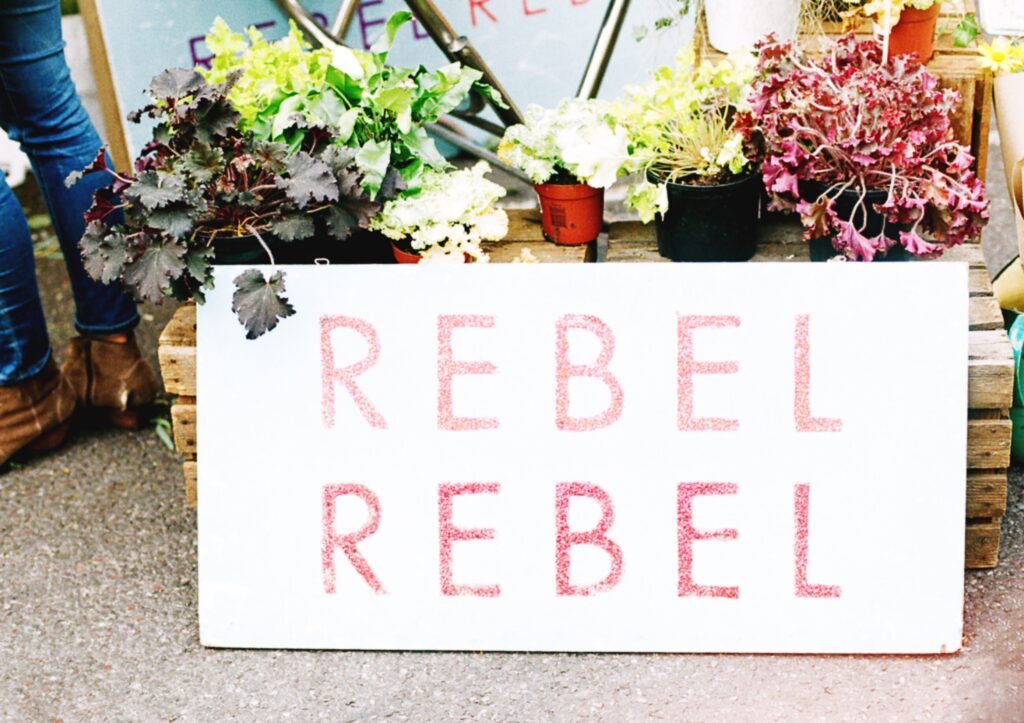After almost 15 long and painful months it finally seems there is some hope on the horizon as we begin to emerge cautiously from lockdown. It is with a heavy heart I’ve conducted many funerals over the last year where families have had to make heart-breaking choices about who can, and who can’t attend the service. Families who have had to inform much -loved relatives that they can only watch along at home. As celebrants we’ve had to be creative, thinking about the way we can incorporate tributes from family members who can’t be there, always conscious that we’re addressing families both in the room, and over the airwaves. We have all, families and funeral directors included, done our very best to bring as much comfort, dignity and peace to a situation that none of us have thankfully had to experience before. So it’s undoubtedly with some relief that we hear some restrictions are to start being lifted from today, numbers may be increased at some venues and there could be some form of wake following a service. This is good news for those families who want it, but what if you’re secretly dreading the numbers being increased? Here’s why you still have a choice about how you want to say goodbye to your loved one.
RELAXED RESTRICTIONS DOESN’T MEAN NO RESTRICTIONS
Whilst the media have had a field day reporting that funeral numbers will increase from today it’s not correct to say there won’t be any restrictions at all. Crematorium and Burial Chapels have worked really hard to keep people safe over the pandemic, introducing social distancing measures whilst on the whole enabling grieving families to be together. However, until at least June 21st social distancing measures remain in situ, so if a venue can currently only hold 20 people with a safe distance between them, they will have to adhere to the same numbers from today, regardless of any national limit. Only where a venue can safely hold more people than they currently are, AND keep a safe distance between them, may the numbers at a service increase. So if you’re planning a funeral for a loved one after today, don’t automatically assume you’ll be allowed more people, always check with your Funeral Director or the crematorium directly to avoid difficult conversations on the day.

JUST BECAUSE YOU CAN, DOESN’T MEAN YOU HAVE TO
Whilst initially many families have been distressed at the thought of reduced numbers at a funeral, quite often after the service, they’ve told me that it was actually a bit of a relief. Once the difficulty of deciding who will attend has passed, many families have said they found the service to be more intimate, with just the people their loved one spent most time with, and who were closest to them, in attendance. This avoids all those distant acquaintances turning up who feel they ought to pay their respects, but who actually haven’t seen or spoken to the deceased in 20 years. For close family and friends, the funeral service is a time of raw, honest emotion, a time when they are clinging to each other for fear of falling apart. Sometimes it’s difficult to display that level of vulnerability to people who might be almost strangers. Therefore we often see close family biting their lip, wearing a brave face and putting their own needs and feeling last. Many families have said that actually having a much smaller and tighter congregation, has made the whole service more meaningful and relevant, and helped them move forward more peacefully than a large open service would have done. And that doesn’t have to change just because the rules have.
SO WHAT NEXT IF YOU WANT TO KEEP IT SMALL?
There will be so many families who are incredibly relived that the restrictions are being relaxed and I am genuinely pleased for them that they will get to celebrate the life of their loved one in exactly the way they want – they have a right to that choice. But you equally have a choice, if you don’t want that. So what are the options?
With the caveat that there are some laws around public access to funerals, you could have a small private funeral service, followed by a public memorial at a later date. In this situation you could keep the service to 10-15 of your loved one’s closest friends and family but hold a memorial service that someone like myself would officiate, for anyone to attend at a later date, at a hotel or function room. This gives you space in the immediacy of your loved one’s death, to process some of the initial grief you will undoubtedly feel. Whilst you’ll still be grieving when you hold the memorial service, you may be in a more open headspace, to take comfort from hearing about the memories and funny moments other people enjoyed with your loved one – and you can have the wake as part of your memorial service to raise a glass and celebrate a life.
There is always still the option of live streaming the funeral service to a wider audience of friends and family. This has become much more accepted as a way of attending a funeral during the pandemic and there is no reason why that should change in the future – in fact, some people may prefer to be in the comfort and privacy of the own homes as they grieve for someone they’ve lost. Not all crematorium have streaming facilities but you absolutely have a choice which crematorium you use – that is your choice, not your funeral directors. So if this is something important to you, just ask your FD to ensure that they’re making a booking at a venue that has such facilities.
And with a cremation there will be ashes that you may want to scatter or place in a location of specific significance to your loved one. Again, this may be an opportunity for you to invite wider friends and family to say a final goodbye at a meaningful time. There is no time limit on how soon or how far after a funeral service ashes should can be scattered, some never are, so again you can give yourself time and space so that when you do come together with wider friends and family, you can really listen to all the wonderful tributes they’ll want to share about your loved one.

YOUR NEEDS VS THEIR NEEDS
So this is where I get a bit Rebel on you and say more than anything PUT YOUR NEEDS FIRST! If you’re organising a funeral for someone it’s likely that’s because you were one of the closest people to them, and their death is going to leave a gaping hole in your life. It’s ok to look after yourself, and your closest family at that point. It’s ok to put your needs first and do whatever helps you move forward. It’s ok to say ”I can’t cope with Aunty Doris turning up and telling me again what an argumentative little runt my dad was”. Do what you need to do to move forward – whatever that looks like.
I’m not saying do it with a total lack of consideration for everyone else who will be hurting at having lost someone they love, or who out a sense of duty wants the opportunity to pay their respects. So there is a certain degree of sensitivity in managing the situation, but as long as there is AN opportunity for people to say goodbye, share memories and come together to heal, on most occasions it’s likely those people will understand that your needs come first. Trust those who care about you and your loved one to understand and want what is best for you. And if you’re struggling to find the words to talk to your wider family about the arrangement – please, please give me a call and we can work out a way to approach that conversation together.
So, whilst the world is getting back to some sort of normality, whilst some of us are embracing that with open arms, breathing a sigh of relief at having huge swathes of people around us at a funeral, let’s remember for some of us that’s just too hard and too painful and is scaring the pants off us. There is no right or wrong, there is only right for you and your closest loved ones. The world has changed, we don’t have to go back to normal, so remember you always have options and the most important way to say goodbye, is the way that’s right for you.
If you’re struggling to say goodbye and can’t find your words I’m here to help – you can call me anytime, even if you’re at the other end of the country, and I’ll happily give you any support or advice you need to make it the right ceremony for you.

